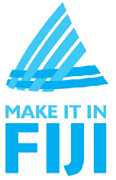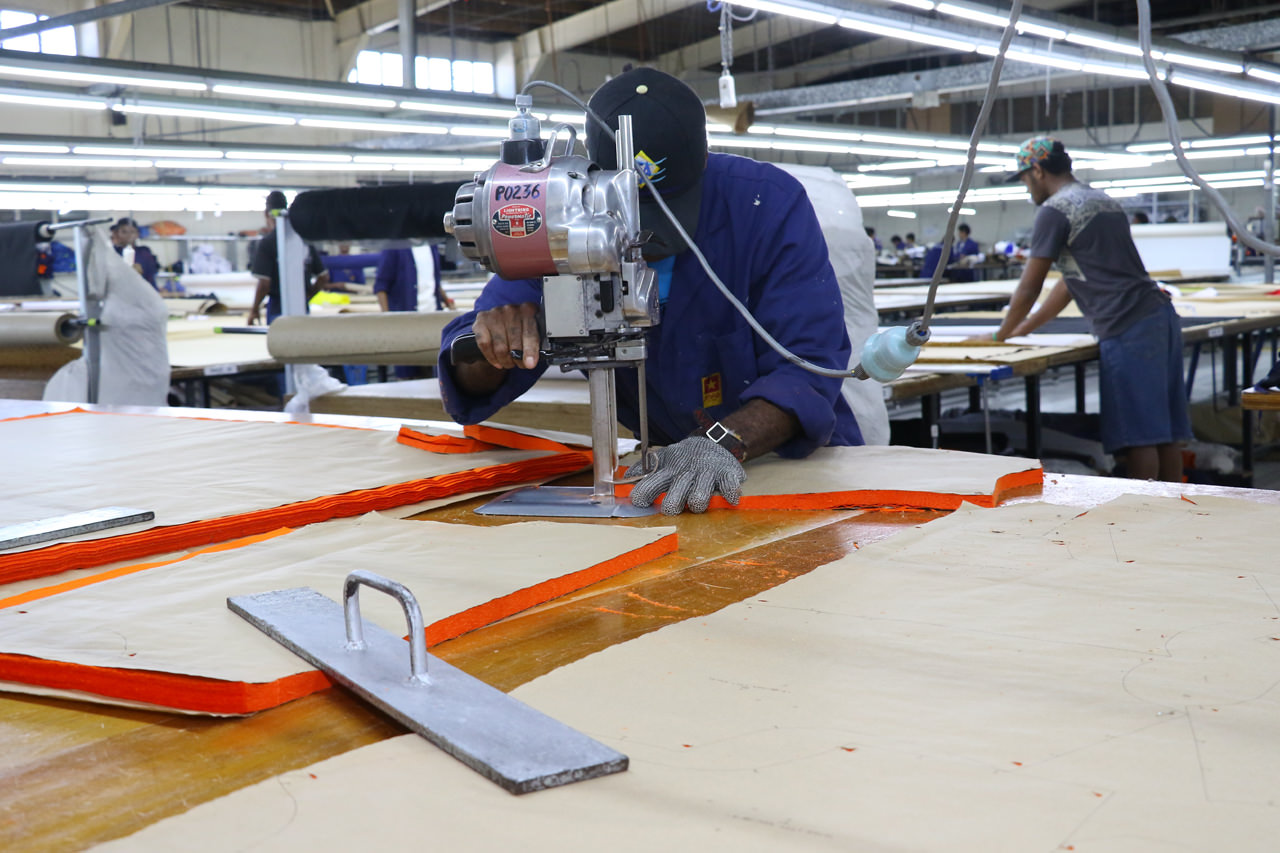The Way it Should Be
The Fiji TCF Council fully supports initiatives that emphasise fair trade and the ethical treatment of workers throughout the supply chain. We are fully committed to ensuring that factory workers in Fiji are treated with respect and dignity, that their rights and entitlements are protected, and that they work in a safe and secure environment devoid of discrimination on the basis of race, religion or gender.
Underlining this commitment, a certification program has been introduced to ensure that the management and operational standards targeted by the TCF Council are not compromised. Not only does this ensure continuous review of performance, but it also gives both workers and customers absolute confidence that those factories that market under the “Make It In Fiji” logo, have reached or exceeded the very high minimum standards acceptable for certification.

The certification process is based upon a detailed audit of factory operations. To maintain standards, certification is required on an annual basis.
The audit document (see attached) has been developed by international industry experts and reflects global best practices as required by some of the largest apparel buying groups in the world. The document is thorough, with a heavy emphasis on the ethical and safe treatment of workers.
Upon completion of the audit, the factory’s performance is ranked against the following levels and, if required, a remedial action plan is to be documented.
A: Fully compliant with not even minor shortcomings identified. (+) or (-) denotes quality of information and compliance.
B: Minor issues found. This is in regards to limited material impact on the HR, OHS and quality performance of the business, denoted with a (+). Shortcomings that are more serious and almost in the moderate category are denoted with (-).
C: Moderate issues found. Identified shortcomings are those that are, or have the potential to be, detrimental to workers’ rights or safety and quality processes. The extent of the shortcomings are denoted by (+) and (-).
D: Major issues found. These are serious shortcomings that impact substantially on workers’ rights or safety (e.g. no fire alarm) and undermine quality assurance processes. Those businesses with a D- are in grave breach of regulations and/or acceptable standards.
E: Critical issues found. These include use of forced/prison labour or exploitation of child labour.
For the purposes of certification, the TCF Council sets the minimum acceptable benchmark ranking as “B”. This is a standard that is well above that achieved in many competitor nation factories and reflects the TCF Council’s serious commitment to excellence in this area.
In the instance where a factory scores a ranking below “B”, certification is withheld, pending a follow-up review to confirm the agreed remedial action that is to be undertaken. In most cases, this occurs within days of the initial audit, as factories are keen to maintain their high ranking.
A certification program would be of little value if it did not produce results that mattered. In that respect, the performance of certified factories and their ambition to attain the highest possible rankings are reflected in the following table:
| Factory | 2012 | 2013 | 2014 | 2015 | 2016 | |||||
| 1 | A | A | A | A | A- | A | A | A | A- | A |
| 2 | A+ | A | A+ | A | A+ | A | A | A | A+ | A |
| 3 | A | A | A | A | A | A | A | A | A | A |
| 4 | A | A | A | A | A | A | A | A | B | A |
| 5 | B | B | B | B | B+ | A- | B- | A- | B+ | A |
| 6 | A | A- | A | A- | A | A | A | A | A | A |
| 7 | A | A | A- | A | A | A | A | A | A- | A |
| 8 | A | A | A | A | A | A | A | A | B+ | A |
| 9 | A+ | A | A+ | A | A+ | A | A+ | A | A | A |
| 10 | B | B | A- | B+ | A- | B+ | B+ | B+ | ||
| 11 | B | B | A | B+ | A | A | A | B+ | ||

